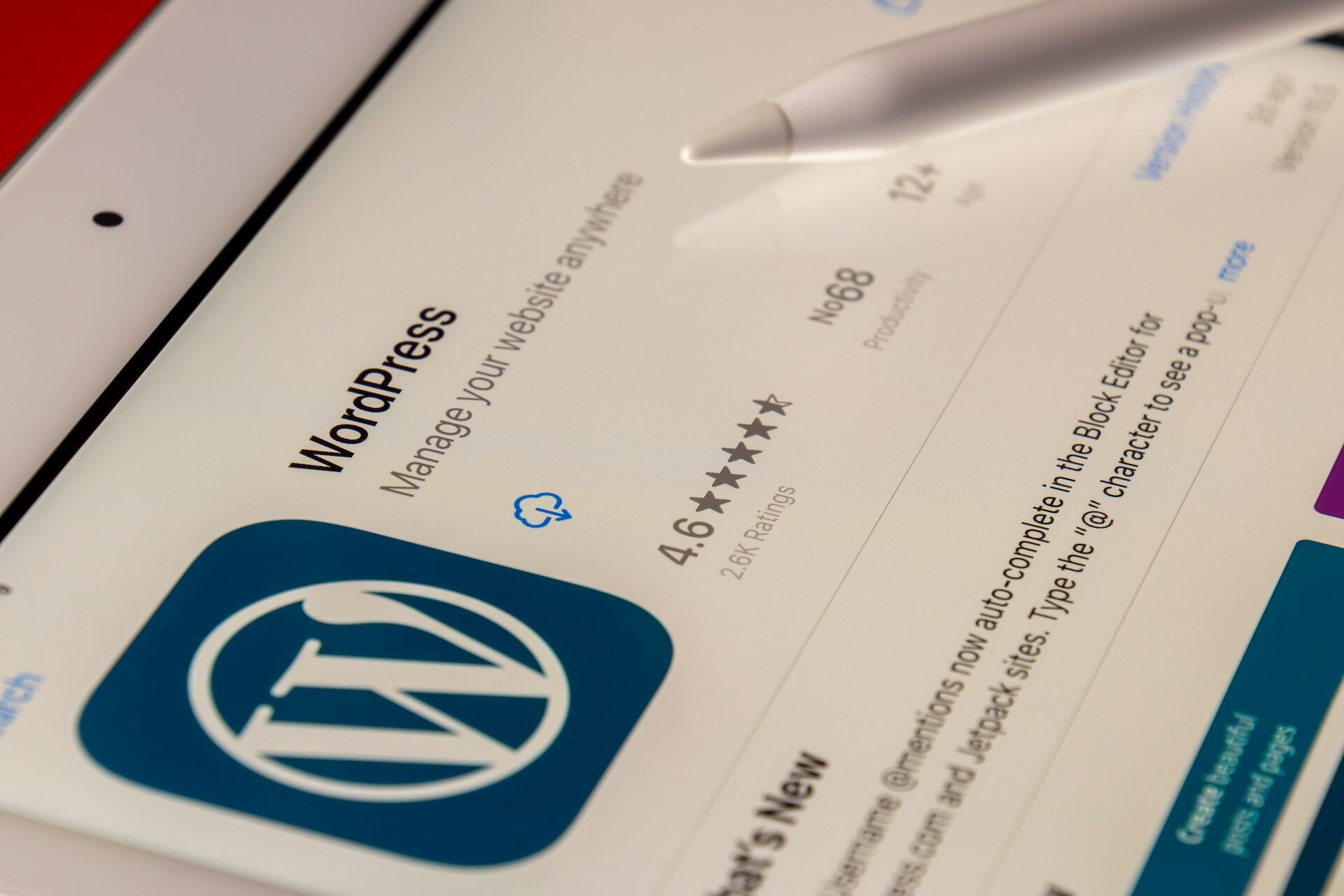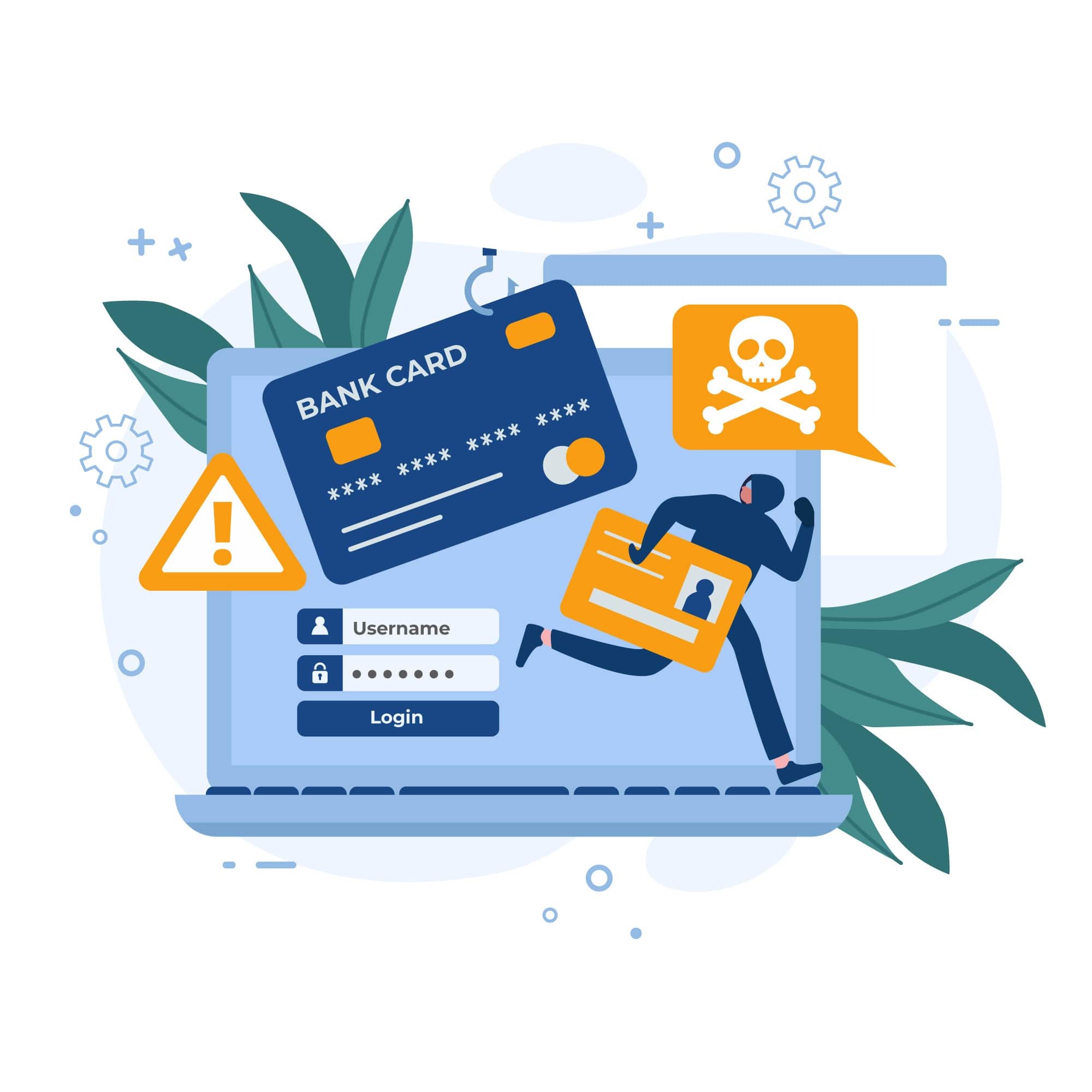
6 Reasons to Avoid Nulled Themes and Plugins for WordPress
WordPress provides a world of opportunities for curating web content exactly as you see fit. If there's a downside to this versatility, however, it's the possibility of relying on risky resources, which you might not realize are problematic until it's too late.
Nulled themes and plugins, in particular, should be cause for concern. These begin as premium (and legitimate) themes or WordPress plugins — but if their copyright protection is compromised, dishonest third parties can profit off the hard work of the original developers.
Often, these bad apples make copies of stolen themes or plugins, which are then made available from free and seemingly legitimate websites. To unsuspecting users, these offerings may appear to be perfectly safe to use. They are never worth implementing, however, as they present a myriad of issues that can easily be avoided simply by paying for quality themes and plugins.
Here are a few of the many reasons why these are worth avoiding:
1. They Are a Serious Security Risk
While numerous concerns accompany nulled themes and plugins, security definitely tops the list. Simply put, nulled offerings cannot be trusted. Risk is built into the very fabric of these, as the original code must be altered to take copyright protection out of the picture.
Often, those responsible for removing or changing the initial code are not nearly as knowledgeable as they think. The result? Backdoors could be built into themes or plugins, not to mention SEO spam and redirects to websites you'd rather avoid.
Other WordPress vulnerabilities may also be present, such as SQL injection, cross-site request forgery (CSRF), or cross-site scripting (XSS). Yes, these are possible with legitimate themes and plugins but are a lot less likely if you've paid your dues — and can quickly be resolved with updates.
Don't assume that you'll catch vulnerabilities, as today's hackers are becoming more and more sophisticated. Malware scanning can help, but prevention is always the most effective remedy — and the best prevention involves using legitimate themes and plugins from the get-go.
An alarming example of this arrived at the outset of the COVID pandemic when WordPress WP-VCD malware was distributed via pirated coronavirus-related plugins, such as maps and prediction graphs. Like many alarming nulled plugins, these took advantage of users' anxiety to target them with malicious codes and, ultimately, harmful backdoors. As with many similar schemes, the goal was to display ads and perform redirects while hijacking website traffic.
2. They Can Hurt Your SEO
You put a lot of effort into optimizing your WordPress website based on the latest search algorithms. It would be a shame to dedicate so much time to SEO, only to see search results plummet due to spammy links from nulled WordPress plugins. These could redirect users to malicious websites, and while this is concerning from the perspective of everyday website visitors, it's also a major risk to your carefully developed SEO strategy.
You might never detect these issues, as they will almost certainly be hidden within the code. Google's crawlers, however, will reveal these problematic links — and when this happens, you can expect these unfortunate redirects to be factored into your ranking. If the problem is severe enough, you risk having your webpage de-indexed by top search engines. It can take months or even years to recover, so the limited savings from nulled content are absolutely not worth the risk.
3. They Could Lead to Legal Troubles
The legality of nulled content definitely warrants consideration, especially as this concept has become decidedly murky.
Nulled software is not automatically illegal to acquire or use, as it is covered by the General Public License (GPL). This allows anybody to freely distribute covered software, even if it's referred to as premium. GPL plays heavily into the philosophy of WordPress and has shaped this resource through the years, so it's easy to see why it plays a role in most modern plugins and themes.
Premium WordPress offerings don't necessarily need to be covered by GPL, but this is typically required when freemium versions are made available. Still, this should not lead you to assume that nulled software is automatically open source or legal to use, as exceptions definitely exist.
One especially notable risk? Copyrighted images or logos. It would take heavy modifications to replace all of these images and, in most cases, this effort will prove more costly than simply purchasing a premium theme in the first place.
In the worst-case scenario, developers could go after your website. When in doubt, it's best to avoid such conflicts altogether — why take the risk when so many safer and more reliable WordPress products are available?
4. They Often Have a Slew of Technical Issues
On the surface, nulled WordPress themes and plugins look a lot like the premium versions after which they're modeled. Take a closer look, however, and you may realize that these free versions are a poor substitute.
From a functionality standpoint, nulled versions are worth skipping simply because they can prompt so many frustrating technical concerns. Compatibility is often an issue, especially when WordPress or developers release updates — and pirated themes fail to keep pace. Other potential issues include exhausted memory, timed-out connections, or the failure to upload images. These annoyances make users a lot less eager to spend time on your website, even if they don't fall victim to cyberattacks.
5. They Lack Support and Updates
WordPress vulnerabilities can easily be exploited if your themes and plugins are not regularly updated. Unfortunately, these updates will almost certainly be out of reach if you rely on using nulled WordPress themes. Remember: when you pay for premium WordPress content, you are not only buying the theme or plugin itself, but also ongoing access to developer support.
Should you encounter any security issues, you can easily get in touch with the developer and find a solution — that is, you can if you've previously made the investment in premium offerings. This is less likely with legitimate free content and all but impossible with nulled versions. This is the epitome of 'you get what you pay for.'
In addition to forgoing developer support, your failure to pay for plugins or themes will prevent you from accessing automatic updates. In this way, you'll miss out on both convenience and peace of mind.
6. Most Small Developers Can’t Keep Up
Small developers struggle to keep up in a fast-paced and highly competitive industry — and when you enable scammers to take advantage of their hard work, you provide yet another hurdle for them to overcome.
Over time, these struggles could prevent developers from creating innovative content. If you want to see WordPress continue to advance, you can do your part by supporting hardworking developers by legitimately purchasing premium themes or plugins.
Better Alternatives
There's no need to limit yourself when you avoid nulled content. Thankfully, there are plenty of excellent products available. If finances are a concern, opt for the official free versions offered through WordPress itself. While these may not provide as robust of support as premium content, they are legitimate, legal, and safe to use.
Better yet? Support developers by investing in premium themes. These are easy to implement and often, surprisingly affordable. If you need to give them a test run, you will almost certainly find freemium versions available.
If you have big plans for your website and could benefit from a more curated approach, consider custom content. This may involve a lot of extra effort as opposed to free or premium plugins but can produce an impressive return on investment. Custom content is more likely to align with your unique brand or goals, making it the best fit in the long run.
Protect Your WordPress Website with SiteLock
Are you concerned about WordPress security? Strategic selection will keep you safe from problematic plugins and themes, but these are by no means the only risks you'll encounter. Look to SiteLock to keep your WordPress site secure. Check out our available plans and solutions to get a better sense of what we offer and how your page can reap the rewards.
To learn more about WordPress security, learn how to scan your WP site for vulnerabilities, and fix WordPress hacks.





